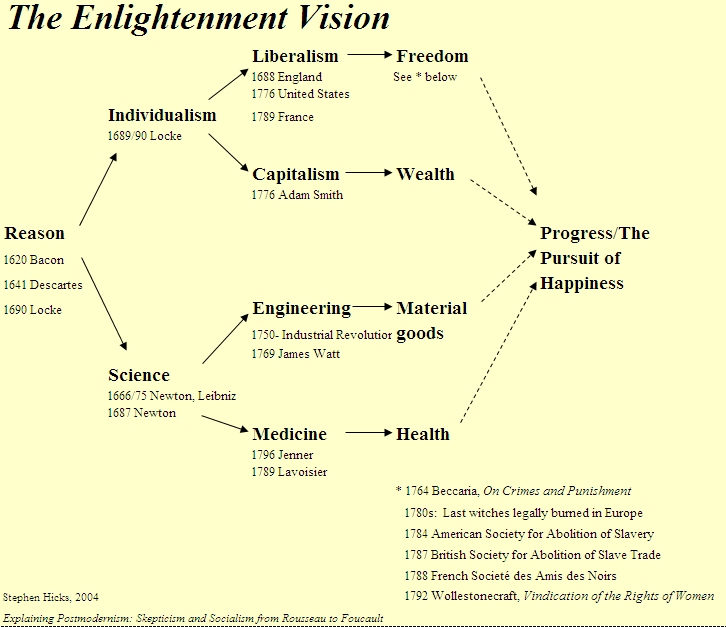 |
| c/o Stephen Hicks |
Since joining teaching about 10 years ago I've tried to find what works best for me as a teacher. This is because people of my age were brought up in a world of self-help books. "The 1-Minute Manager", "Feel the fear and do it anyway" and "How to win friends and influence people" were some notable books that I enjoyed reading as a teenager, intent on self-improvement. This wasn't, I imagine, unusual in the 1980s. It would, however, be seen now as something akin to pseudo-science. The demand for books was so great that people were powering up their Amstrad PCWs and knocking out a book before bedtime in the hope of cashing in on this lucrative psycho-babble bubble in the publishing world.
It is interesting to read a great blogger's opinion regarding the 10,000 hours rule featured in "Outliers" (Malcolm Gladwell).
Tom Bennett
Joyful debunking of Gladwell's banal 10,000 hour rulehttp://allaboutwork.org/2012/11/21/malcolm-gladwells-10000-hour-rule-doesnt-add-up/ …
I don't think that Tom approves of his work.
This book looks at how people are successful not wholly because of what they do but because of what they come from. The fact that there is very little research evidence to back up the rule that 10,000 hours of deliberate practice will make you expert seems to annoy some people. If two of the squash world's best sports coaches thinks it's true (Malcolm Willstrop and Jonah Barrington) then I'm not going to argue!
The biggest criticism of Gladwell appears to be that he over-simplifies things. I imagine that the people who are most troubled by this are those in possession of the most intellectual capital.
So why then are we not already using evidence-based methods to enhance our pupils' learning?
I think that we are now entering a new era of education; one where teaching decisions are going to become based on perceived truth (achieved through research findings) rather than a subjective belief of what works best.
What is easiest for teachers is what the teacher has always done. It isn't what is necessarily best for pupils. The greatest change in education will come when a critical mass of teachers in a faculty/school/country starts to believe that changing their approach to teaching is what will work best for the learners. Hattie has considered what works best for all types of learners and has been able to quantify the seemingly un-quantifiable. But what he hasn't done is set it all in stone. e.g. that pupil type A requires teacher approach 4. This is fortunate. I remember hearing Edward De Bono speak of a quantified language where we all spoke in numbers (The De Bono Code)
I assumed it would be like this:
Me: 57 (this means "How are you in term of happiness?")
You: 12 (This means "I'm 70% happy. The 30% unhappiness is equally based on work and home issues.")
Me: 13 (This means "I'm 70% happy. The 30% unhappiness is based entirely on work issues.")
The loss of humanity would, I imagine, soon follow.

People in education in the UK can too easily focus on the effect size. I presented to an NQT conference recently. I was asked how to achieve an effect size of 0.6 using some methodology. I explained that Hattie says the following about the effect sizes in his research:
(My words) "The effect size is what has happened in the past. We need to be aware of assuming that we are bound to get the same effect size for an intervention as shown in the research. What is available is this: If we choose to do, say, homework in primary schools in a different way, how can we measure the impact of this new method? Once we know how effective it is, we can ascertain whether it is a better method than the traditional one. Alternatively you could try to do what has been done in the past. If you then measure what impact you have had, and it turns out to be less than what has happened in the past, you need to look at what you have done and find how to improve it. We all have the opportunity to be involved in educational research."
Now I will be the first to admit that my knowledge of The Enlightenment goes no further that Russell's "History of Western Philosophy." But I do know that Visible Learning has all the makings of turning a profession that seems at times to border on quackery into a highly-tuned research department capable of delivering learning that is both student and teacher focused. We need to ditch the idea that "what has worked in the past will continue to work" and instead start looking for the size of our impact on pupils' achievement.
I wonder though; Who will be the Skeptics? Who will be the Romantics?
Comments
Post a Comment